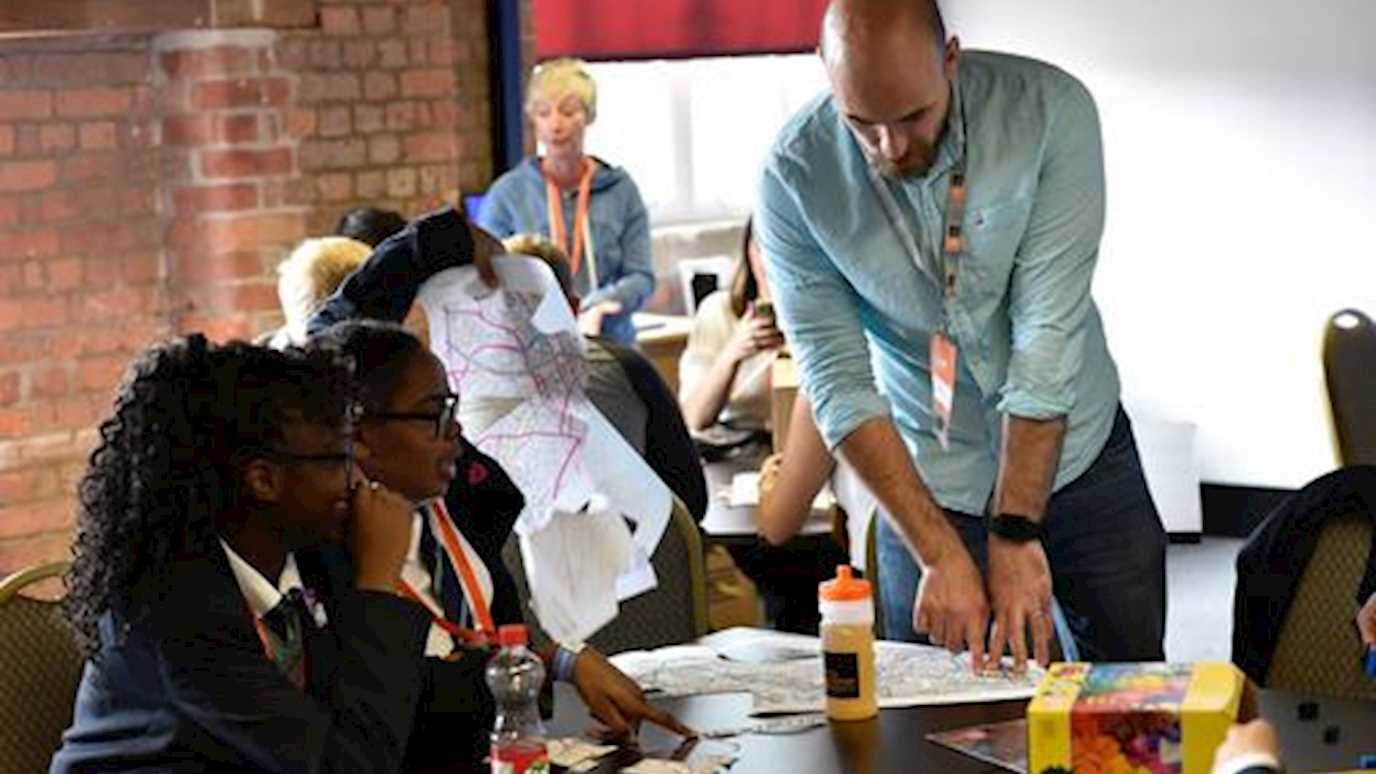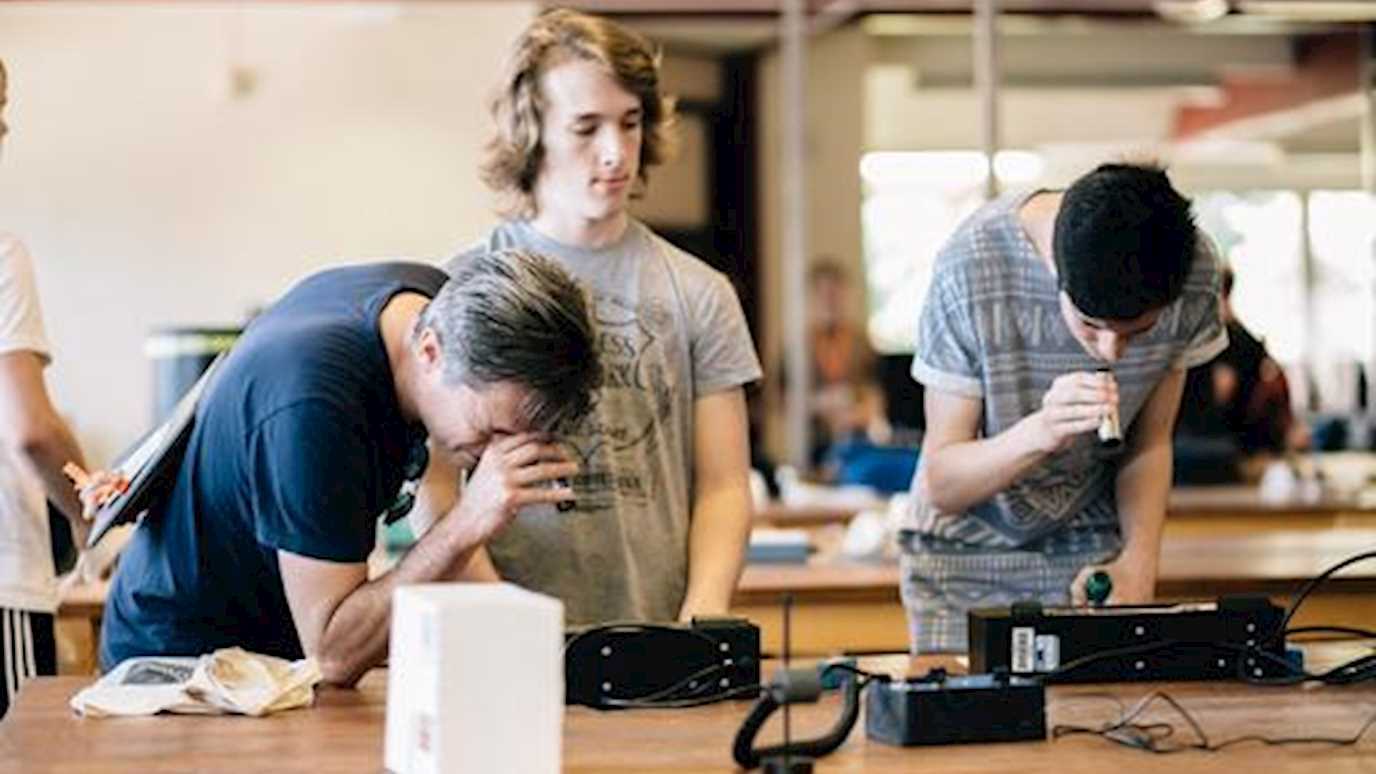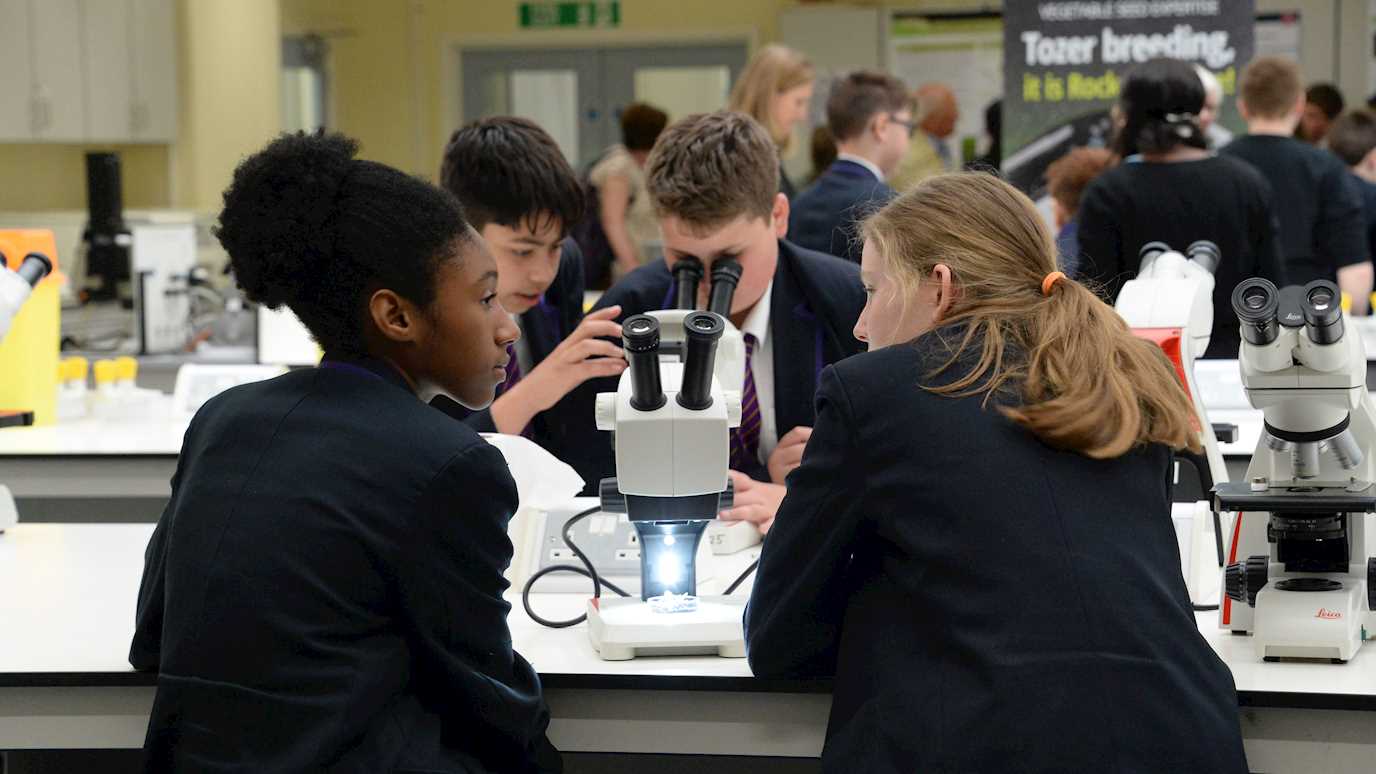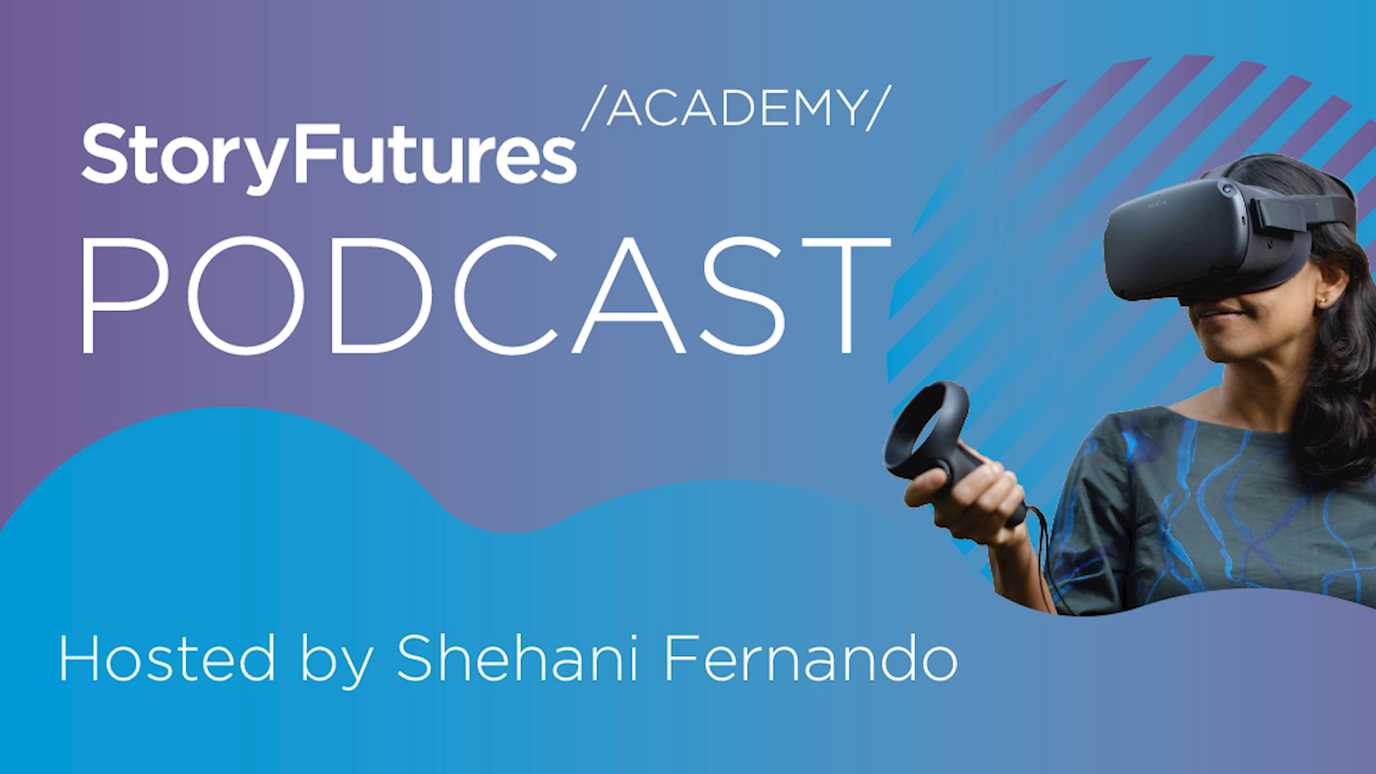We are keen to motivate young people, across age groups and of all genders, to study computer science.
We run an extensive programme of activities with schools to promote student interest in the field of Computer Science at all levels.
We can arrange a lecture on cutting-edge research into computing or what it’s like for undergraduates to study.
We can also organise practical activities, such as:
- Workshops for Years 5-6 on Lego Mindstorms Robotics.
- Workshops for Years 7-9 on Building Your Own Internet.
- Talks for sixth formers on studying computer Science at university
- Taster sessions for all ages on the capabilities of computers, as well as The Internet of Things.
Take a look at past activities
Cheltenham Science Festival
Take part in the Cheltenham Science Festival with us. They run a varied programme of events and activities for schools.
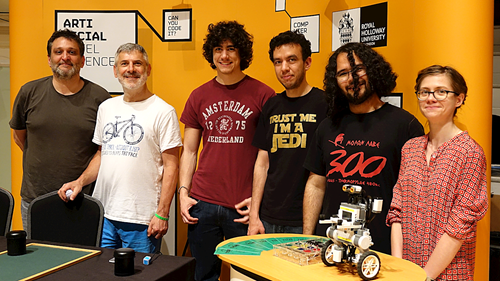
Taster Day
Our annual taster day, for A-Level Science students, offers a programme of interactive demonstrations, talks and practical work, featuring the latest advances in computing technology and research.
Science Open Day
Be inspired by Science at our annual open day. Take part in hands-on activities, as well as demonstrations, talks and live experiments.
The day is presented by staff and students from each of our Science departments, as well as guest exhibitors.
Free admission, no booking needed.
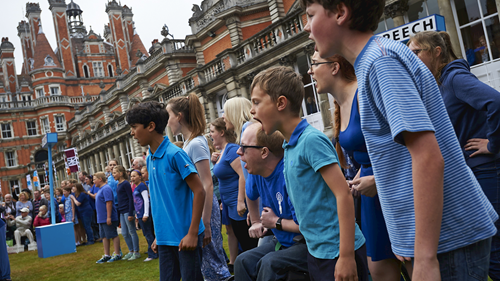
Robotics
We offer a range of activities with schools involving robotics. These include Lego Robot Egg Race competitions, learning to program Lego robots, and driving two-wheeled balancing robots using an Android phone.
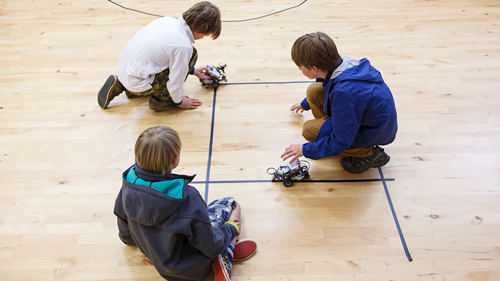
Tutorials
Learn Python 3.6 for Total Beginners on Udemy
For the last 5 years, Python has been, by far, the most popular programming language. In addition to its simplicity and readability, there are countless libraries to extend Python’s functionalities (like many data science and machine learning libraries, for instance). With this free online tutorial, you’ll learn the basics of programming and Python, including Jupyter Notebook IDE, that allows you embed runnable code inside documents.
Learn You a Haskell for Great Good! by Miran Lipovaca
In this free online tutorial, you’ll learn about functional programming and Haskell, one of the main functional languages. You will discover the beauty of purely functional languages like Haskell, where every entity is a function and you can write complex code by just composing simpler functions.
Related content
StoryFutures Academy Podcast
This 8-part series, hosted by immersive director Shehani Fernando, gives listeners a practical look at how VR and AR productions actually get made. If you want to begin creating your own immersive stories or learn more about the XR sector, this is the podcast for you. With the help of some of the biggest names in the industry, she explores practical tips, case studies and the challenges that make this a really exciting area to work in.
Click here to find out more.










